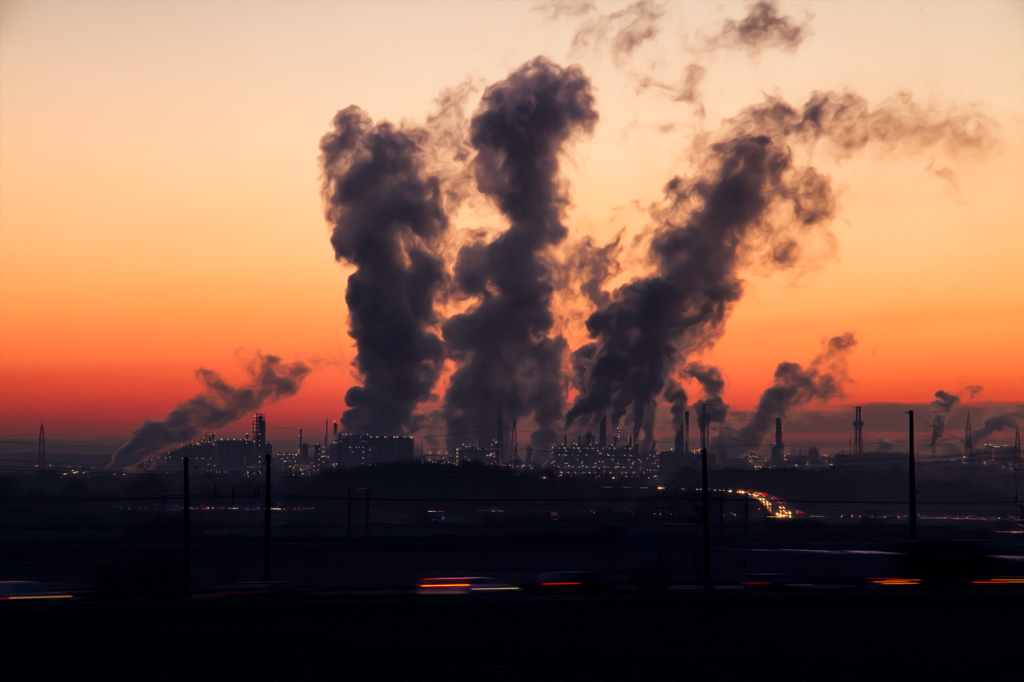Dr Thom Davies, University of Warwick @ThomDavies
The pen is mightier than the sword. At least that’s what came to mind when Donald Trump sat in the Oval office after his inauguration. As cameras flashed in front of him, he surrounded himself with a new oligarchy of professional ‘deplorables’. Signing each parchment in this ritual act – like Presidents have done before him – he handed out pens to his gathered group of supporters. Souvenirs of the changing times to come.
In less than two weeks of being in office, the words ‘Donald Trump’ have flown, autograph-like, from the President’s pen onto executive orders that have shocked the world.
The pen’s might is beyond question. Just ask the hundreds of thousands of protestors who took up sharpies, paint and pens to write anti-trump slogans at protests across the world. Yet in this digital age of twitter, ‘alternative facts’, and fake news, perhaps the internet is mightier still. Within hours of being in office, Trump’s administration had expunged references to climate change from official government websites, including the Environmental Protection Agency itself (EPA). Of course, climate change legislation was not the only trace of Obama’s administration to be swiftly admonished from Whitehouse.Gov. Along with it went mention of gay rights and transgender issues: Now just digital traces, perhaps archived somewhere for future historians, who might wonder what went wrong.
Words matter
Words matter. They change how we think. Hillary’s use of the word ‘Deplorables’ during her failed campaign might have lost her the election. Likewise Trump’s dog whistle racism and adroit deployment of exaggeration might have been ‘wot won it’ for him. ‘Politicians are brilliant at language’, Mary Creagh MP reminded us last year at the Toxic Expertise event, and it’s perhaps more important than ever that we pay close attention to the toxic discourse being deployed by a new wave of populist political elites.
…this seismic shift in opinion regarding environmental issues will not be victimless.
Trump’s new environment Tsar, Myron Ebell, who is an avid climate change denier and heads the EPA transition team, said in an interview last week that ‘the green movement is the greatest threat to freedom and prosperity in the modern world’. It was a line designed to make headlines. A verbal hand grenade aimed to goad, mock and enflame. Trump once wrote in his book Trump: Art of the Deal that ‘a little hyperbole never hurt’, and this attitude appears to be becoming the alt-right’s modus operandi. But this seismic shift in opinion regarding environmental issues will not be victimless. Trump himself said that environmental regulations are ‘out of control’ and the future of environmental policy, including pulling out of the Paris Agreement, will have long term consequences.
The Expertariat
The denigration of expertise has become a contemporary trope of populist politics.
The denigration of expertise has become a contemporary trope of populist politics. The rejection of climate science by America’s new political elite is perhaps the most flagrant example of this. When speaking at an event in London, Myron Ebell declared that “people of America have rejected the ‘expertariat’ about one thing after another, including climate policy’. During the Brexit campaign Michael Gove also declared the British public had ‘had enough of experts’. This rejection of expertise has also been echoed by Trump’s confessed love of the ‘poorly educated’ and his team’s admiration for ‘alternative facts’.
So when the ‘cultural capital’ (Bourdieu 1984) of expertise seems at an all-time low, and when words (and pens) are being deployed in toxic ways, it is all the more important to take on different perspectives about the contentious issues of our day. Toxic News strives to provide a platform for a range of voices on toxic issues. This volume of Toxic News presents a fascinating ensemble of environmental controversies; from ‘Downwinder’ nuclear communities in the USA, to climate activism in China, through to the toxicity of globalization in a former seaside steel town. It looks at global nuclear threats of the ‘Atomic Anthropocene‘, while also presenting the struggles of a local environmental justice campaigner in Coventry, UK. In our first photo-essay, we are also taken on a visual journey into an incinerator plant in Poland.
Editorial note: The Toxic Expertise Project is currently accepting submissions for a workshop at the University of Warwick on the theme of ‘Pollution, Environmental Justice, and Citizen Science’. More information on how to apply can be found here.
